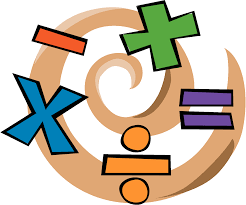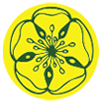Mathematics
At Orchard Way Primary School, our aim is to develop lifelong mathematicians, who are curious and confident. We foster positive can-do attitudes and we promote the fact that ‘we can all do maths!’ We believe all children can achieve in mathematics, and teach for a secure and deep understanding of mathematical concepts through sequential steps. We use mistakes and misconceptions as an essential part of learning and provide challenge through rich and sophisticated problems.
Our curriculum is designed with the ambitious goal that all children, regardless of their background or circumstance, will become masters of Maths: developing a love of the subject and a positive relationship with number. With a firm foundation of mathematical fluency, we want our pupils to recognise the importance of having a deep understanding, which is achieved by investigating and exploring mathematical concepts.
We aim to embed a deep understanding of Maths by employing the concrete, pictorial, abstract (CPA) approach across all phases. This is taught by using concrete materials (e.g. manipulatives) and pictorial representations (e.g. pictures/diagrams) alongside the use of numbers and symbols. This supports pupils to develop a deeper conceptual understanding of the underlying mathematical structure and make connections between different representations; enabling them to master the concepts taught and developing a deep understanding of Maths.
Our learning environments are language rich and are regularly updated and adapted, so that every child can access them on a daily basis. By explicitly teaching and recapping precise mathematical vocabulary, we aim for our pupils to have the tools to accurately explain their methods, connections and reasoning confidently; supporting them to take their ideas further.
Using our carefully sequenced delivery of the maths curriculum, we want our children to be ready to progress to the next stage of their learning, preparing them with lifelong skills and the belief in their own ability to be successful mathematicians.


